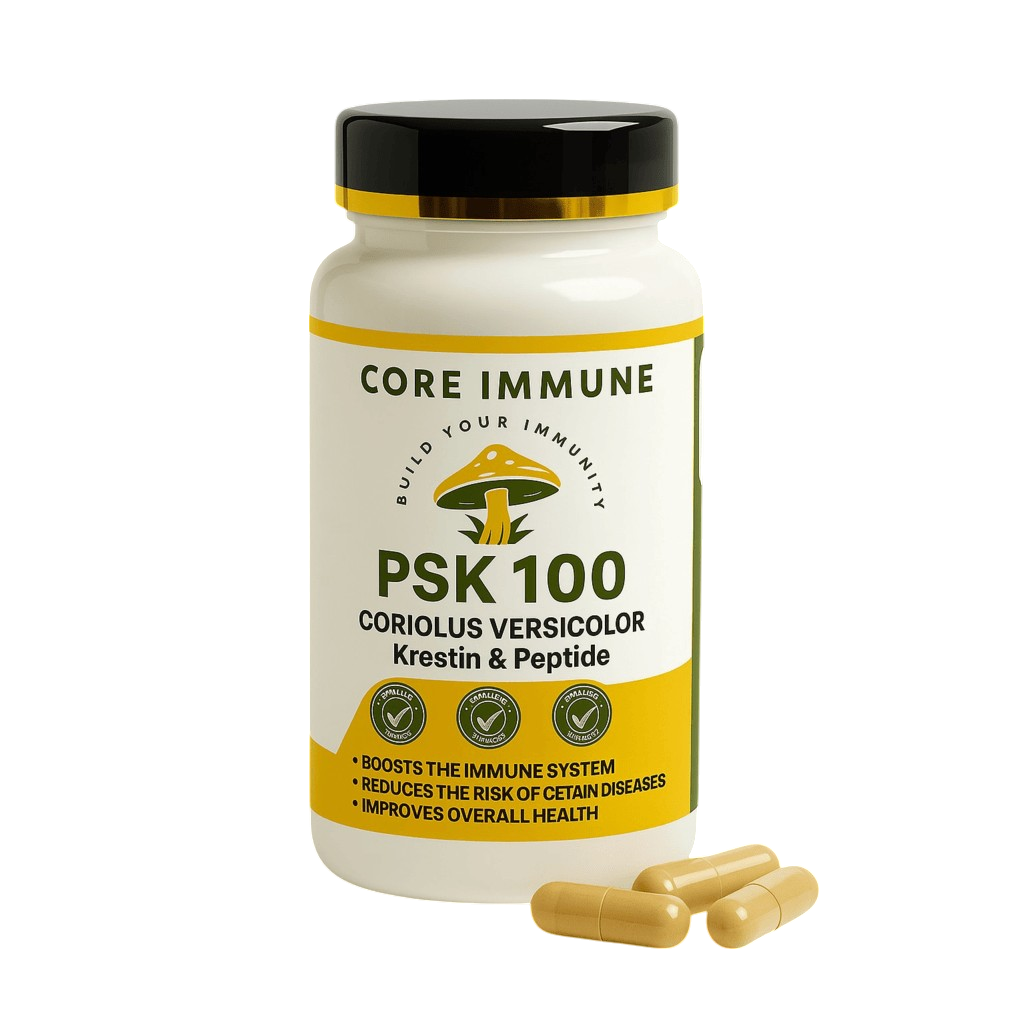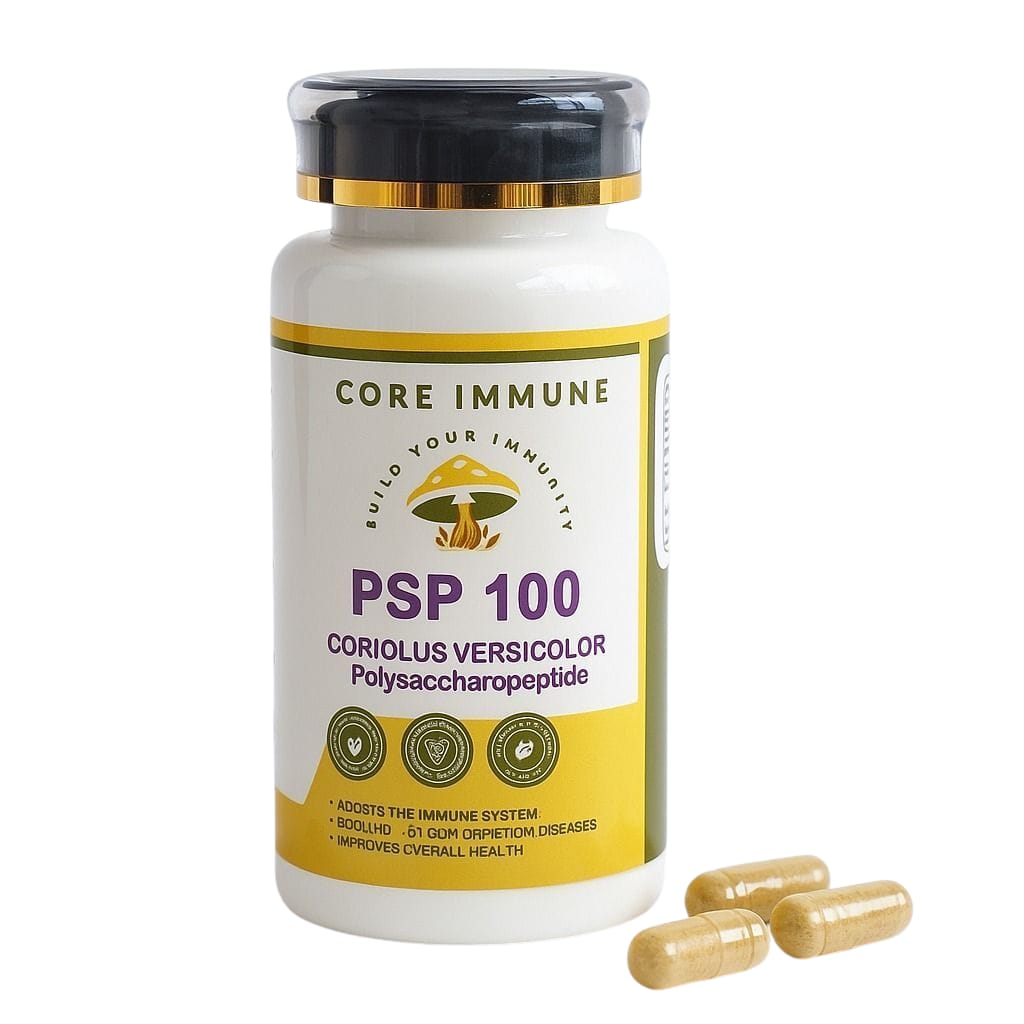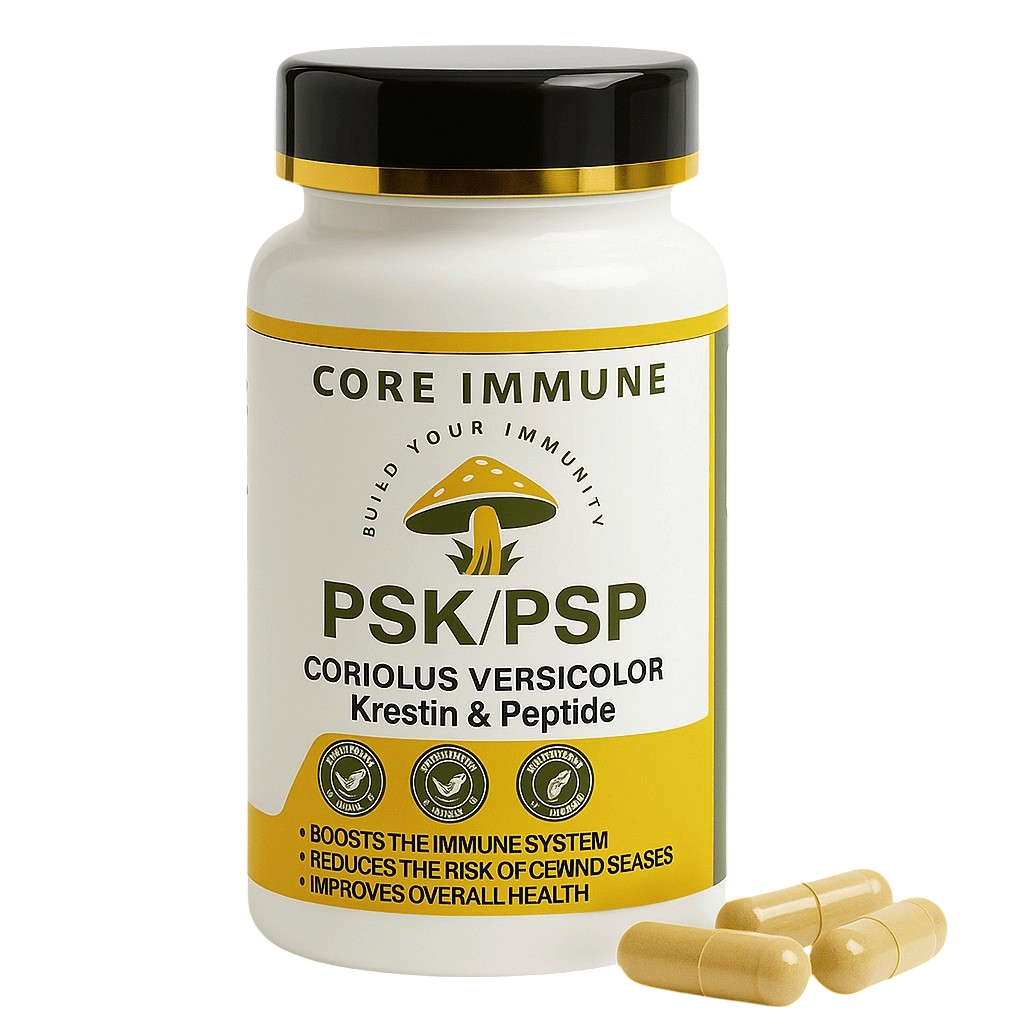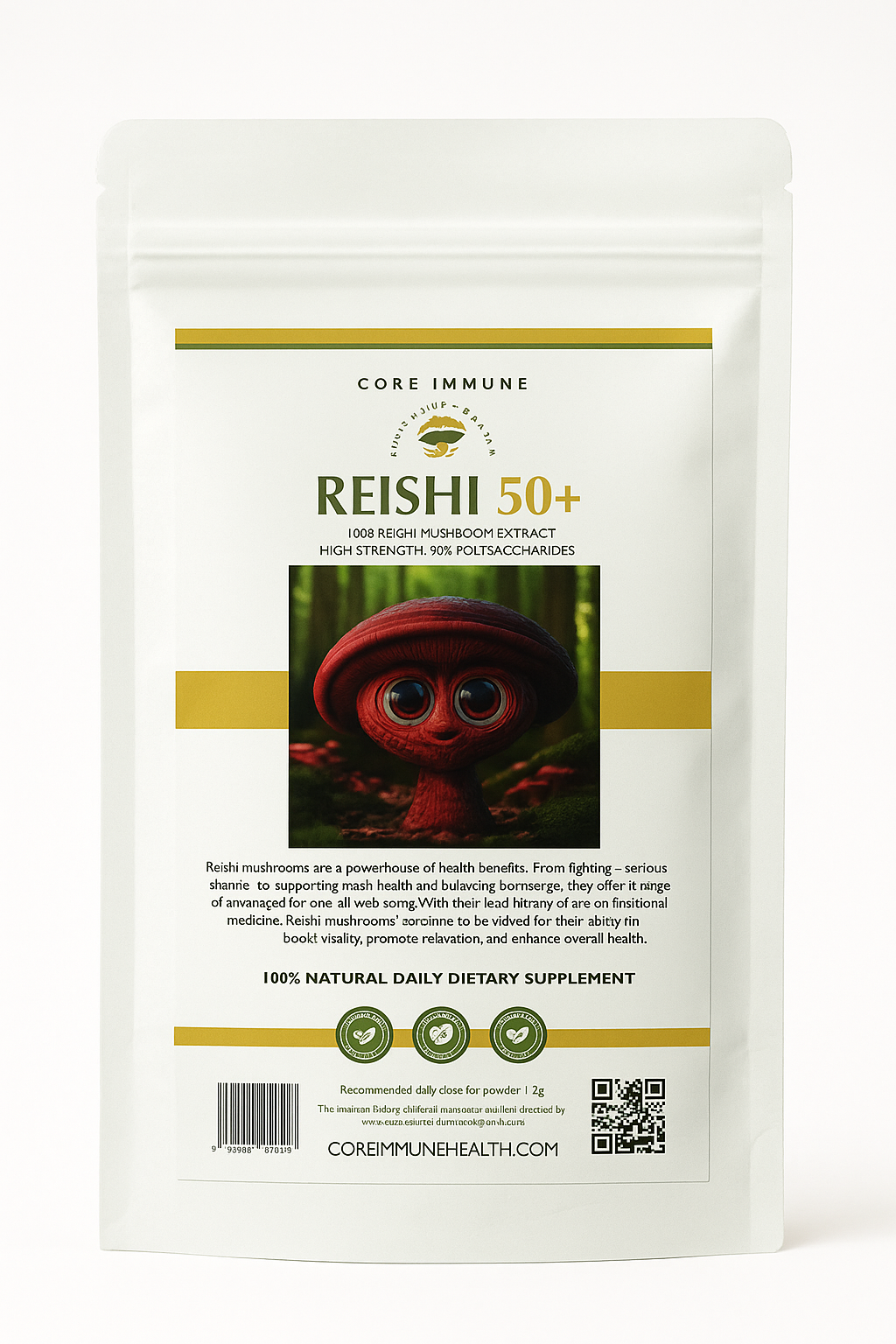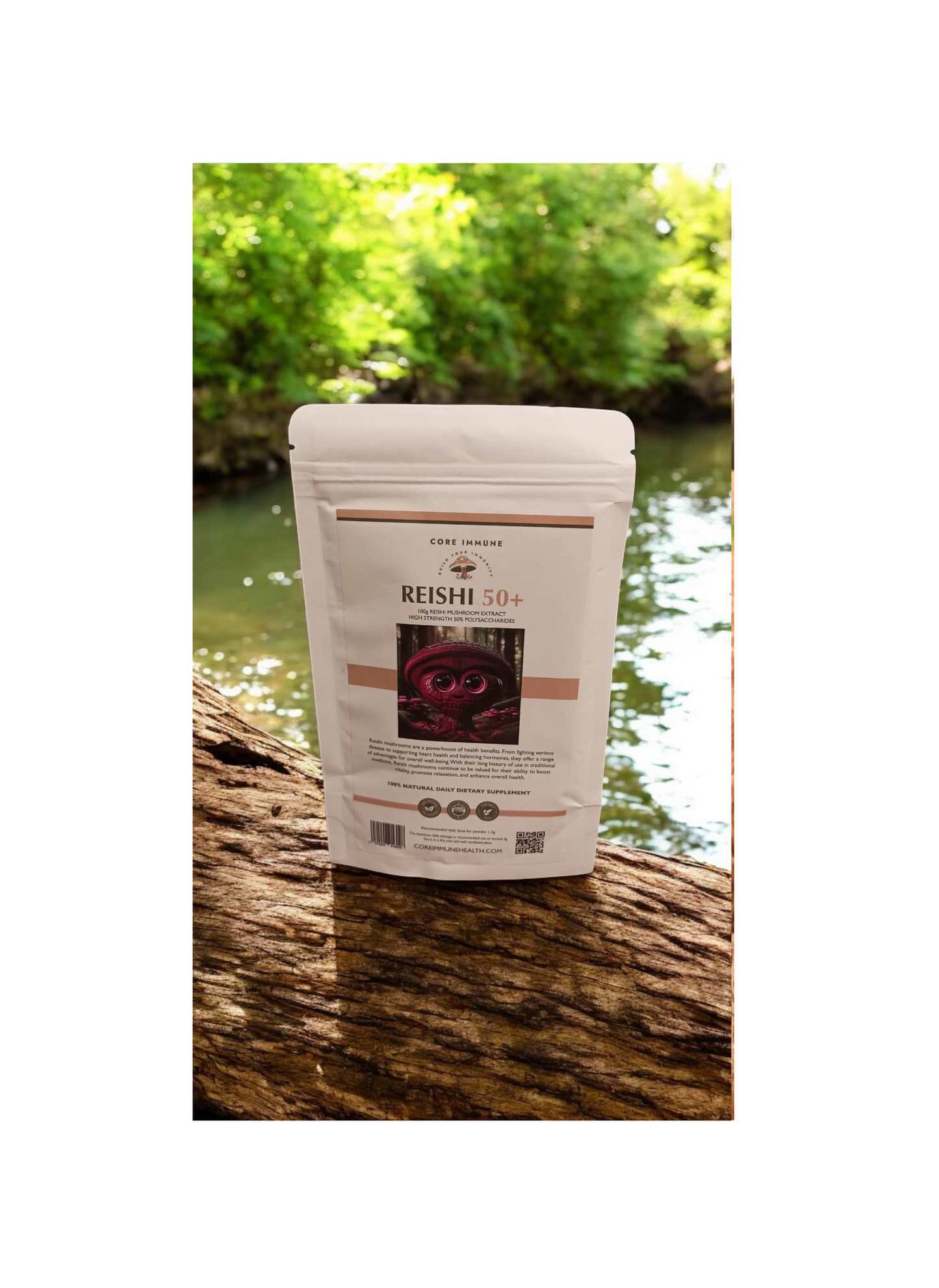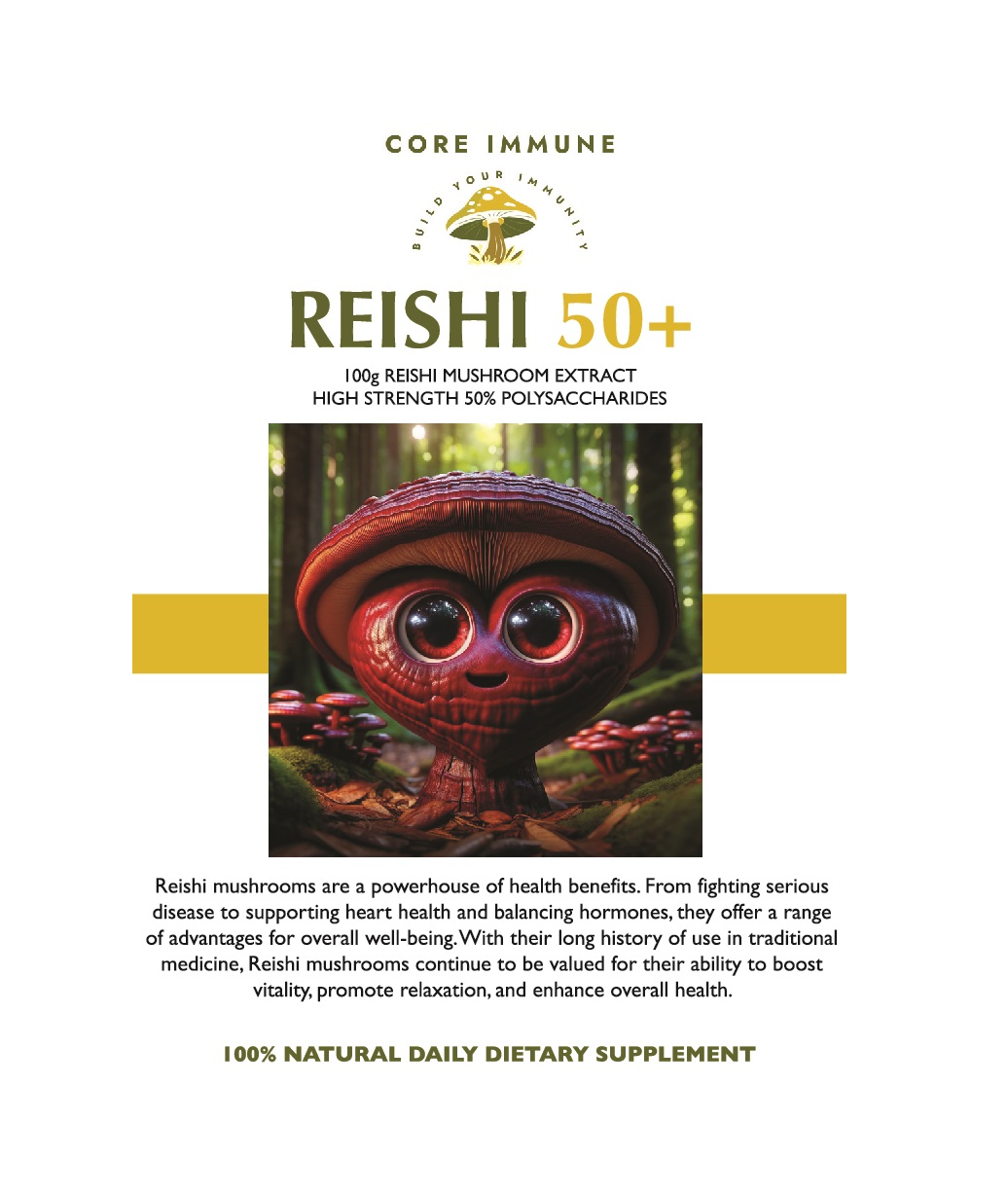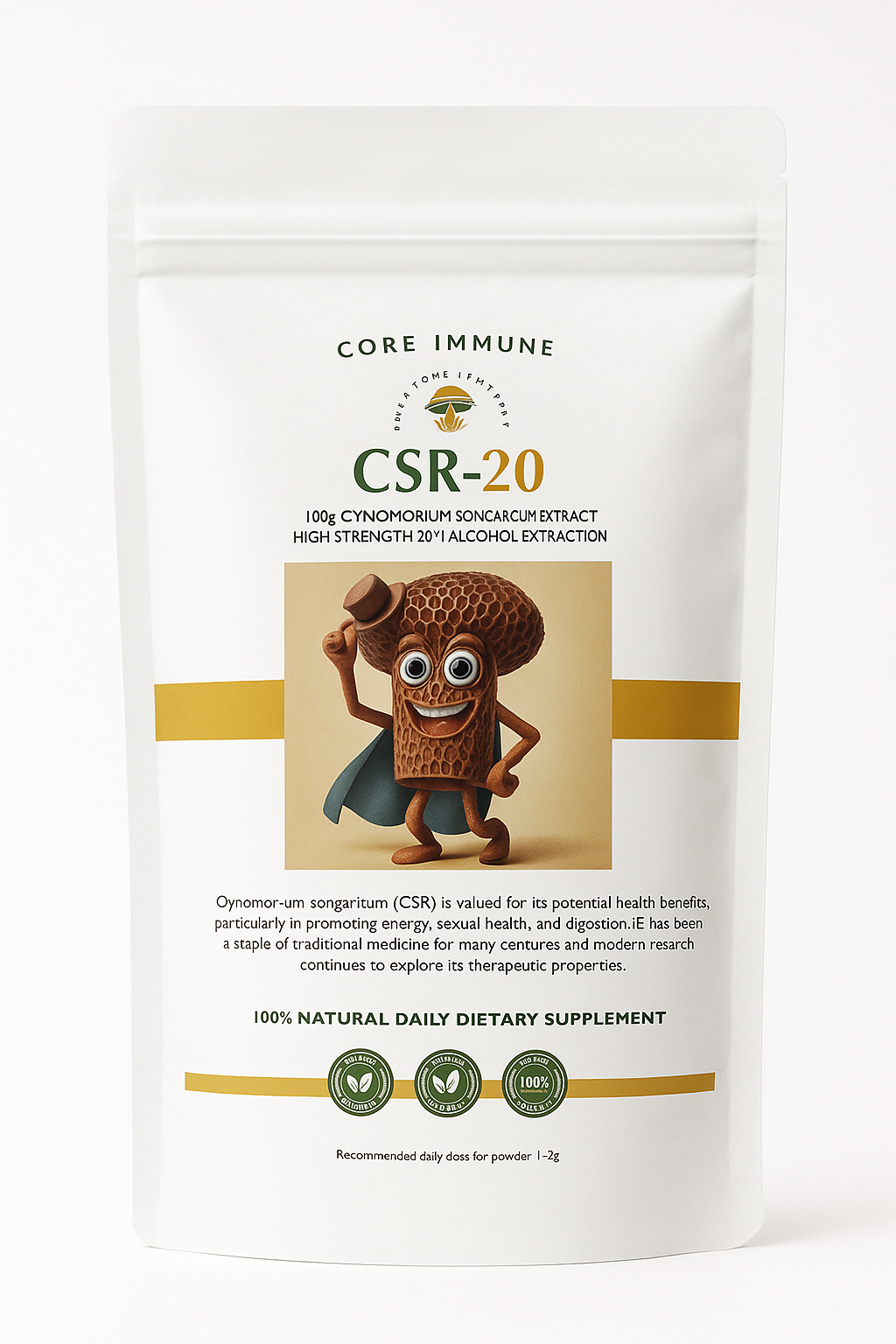Polysaccharopeptide (PSP), derived from the medicinal Coriolus versicolor (“turkey tail”) mushroom, has demonstrated remarkable effectiveness at inhibiting prostate cancer development—particularly targeting cancer stem cells (CSCs). Here’s a deeper dive into the ground breaking findings and what they could mean for prostate cancer prevention.
1. What Is PSP?
PSP is a bioactive, protein-bound polysaccharide extracted from the turkey tail mushroom. Related compounds like PSK (polysaccharide-K) emerged in Japan during the 1960s, while PSP was first identified in China in the early 1980s (ResearchGate, Wikipedia). These extracts act as biological response modifiers—they don’t directly attack cancer cells but instead enhance immune functions like macrophage and T-cell activity, boosting the body's innate anti-cancer abilities (Wikipedia).
2. Targeting Cancer Stem Cells (CSCs)
CSCs are believed to drive the onset, progression, and recurrence of prostate cancer. Traditional therapies that eliminate general tumor cells often leave these resilient CSCs intact. However, research indicates PSP can reduce key stem cell markers—CD133 and CD44—in prostate cancer cells (e.g., PC‑3 line), disrupting their "stemness" and self-renewal capability (PLOS).
- In vitro, PSP inhibited the formation of prostate cancer prostaspheres—3D spheres formed from CSCs—even at sub-toxic concentrations (250–500 µg/mL) (PLOS).
- Significantly, this occurred without altering cell viability or triggering apoptosis, suggesting a selective action against CSC properties (PLOS).
- Mechanistically, PSP downregulated the Akt/β‑catenin signalling pathway, associated with CSC maintenance and tumorigenic potential (PLOS).
3. Robust Preclinical Evidence in Mice
a) Orthotopic Mouse Model:
PSP‑treated PC‑3 prostate cancer cells, when implanted into immune‑compromised mice (SCID), showed impaired tumour development:
- 3 out of 8 mice injected with PSP-treated cells failed to develop tumours after four weeks—compared to full tumour formation in the control group (PLOS).
b) Preventive Model in Transgenic Mice:
In TgMAP mice genetically predisposed to prostate tumours:
- Mice fed 300 mg/kg PSP daily for 20 weeks developed zero tumours, while 100% of control mice did (PLOS).
- Notably, there were no adverse side effects or toxicity from PSP treatment (ScienceDaily).
- Earlier, lower-dose PSP (200 mg/kg for 4 weeks) did not prevent early-stage changes (PIN), suggesting duration and dosage matter (PLOS).
4. Why It Matters
- Completely Prevents Tumours: Prior experimental agents reduced tumour development by ~70%, but PSP showed 100% prevention in mouse models (ScienceDaily).
- CSCs in Focus: By targeting CSCs—a known reservoir for treatment failure and relapse—PSP may address a critical gap in current prostate cancer therapies (PLOS).
- Potential Adjunct Agent: With low toxicity and a mechanism distinct from chemo or hormone therapy, PSP could complement existing treatments for greater efficacy.
5. Limitations & Future Directions
- Human trials required: To date, promising results are preclinical. Effects in mice may not directly translate to humans—but the data heavily supports further investigation.
- Optimal dosing and administration: Researchers used high oral doses over extended durations in mice. The equivalent in humans needs careful study.
- Precise mechanisms: While Akt/β‑catenin suppression is noted, more molecular details and microenvironment interactions require elucidation.
- Synergy studies: Early evidence suggests PSP, when combined with compounds like γ‑tocotrienol, may have additive or synergistic benefits .
6. Summary
PSP shows potent chemo preventive efficacy in early-stage mouse models by targeting prostate CSCs and halting tumour initiation. While its promise as a dietary supplement is strong, translation requires:
- Phase I safety trials – Assess tolerability in humans.
- Phase II efficacy studies – Identify if PSP prevents progression in high-risk individuals.
- Combination protocols – Integrate PSP with existing therapies for full-spectrum efficacy.
🧭 Conclusion
PSP from turkey tail mushrooms could represent a game-changer in prostate cancer prevention, with preclinical data showing complete inhibition of tumour formation in mice without adverse effects. Though there's a clear path ahead for clinical validation, the research marks a critical step toward preventive strategies that challenge cancer at its root—targeting CSCs before tumours develop or recur.
References & Further Reading
- PLOS ONE: “Chemo preventive Effect of PSP…” (PLOS)
- ScienceDaily: “Mushroom compound suppresses prostate tumours” (ScienceDaily)
- ABC News Australia: “Mushroom medicine offers prostate cancer hope” (ABC)
- Wikipedia: Polysaccharide peptide overview (Wikipedia)
Disclaimer: This article is for educational purposes only and not medical advice. Consult a healthcare professional before using PSP or dietary supplements.



